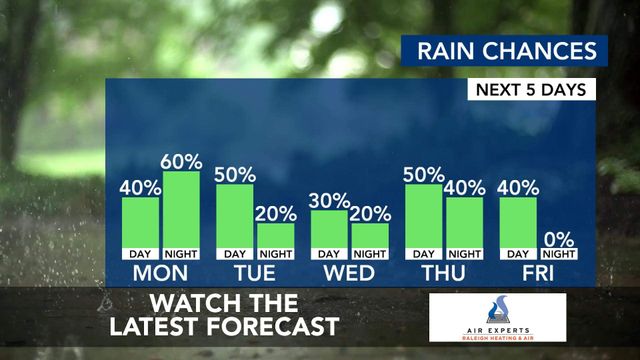When will we know who won the Georgia runoffs?
In the days after the Nov. 3 election, Georgia was one of several states where the vote count seemed to progress agonizingly slowly. Then came a recount. Ten days passed before the state was called for President-elect Joe Biden, and even after that, there was another recount — long past the point when there was any chance of a different result.
For several reasons, it’s unlikely that it will take as long to count the votes in the two runoff elections that will determine control of the Senate, which are arriving at the finish line Tuesday. It’s even possible — but certainly not guaranteed — that we’ll know who won Tuesday night, or very early Wednesday.
Two factors work in favor of a faster count this time around. First, fewer races are on the ballot, which means less work for election officials. Second, after the general election, the Georgia State Election Board enacted a rule requiring counties to begin processing early and absentee ballots at least a week before future elections.
Officials can’t actually count the ballots until the polls close, but they can do all the time-consuming prep work. That means votes cast before election day — more than 3 million, according to Gabriel Sterling, a top state election official — should already be compiled, and pretty much all officials will need to do Tuesday night is hit “tabulate.”
The new rule allows counties “to essentially do everything except hit the button to print off the total,” said David Worley, the sole Democratic member of the State Election Board.
If all goes smoothly, Worley said, “I would think we would have a pretty good idea” who won by 1 a.m. Wednesday.
The biggest questions are whether all will, in fact, go smoothly, and just how close the races will be. Both races are very competitive, but in terms of when we’ll know who won, there’s a big difference between a race decided by 2 percentage points and one decided by 0.2 percentage points.
In an extremely tight race, results could be delayed several days while late-arriving ballots come in. The vast majority of Georgians have to get their ballots in by the time the polls close at 7 p.m. Eastern, but military and overseas voters have an extra three days as long as they mail their ballots by Tuesday. Then there are provisional ballots, which are cast on election day but take longer to process because officials have to verify each voter’s eligibility.
“Just like in November, it’s very possible Americans will go to bed without knowing who won,” The Associated Press said in guidance published Monday.
And, of course, there is always the possibility of a recount. Under Georgia law, a candidate can request one if the margin is less than half a percentage point. That wouldn’t be surprising: In the presidential race in November, Biden won by less than a quarter of a percentage point.
Warnings that applied to the November election apply here, too: Because early and mail-in votes are expected to disproportionately favor Democrats and election day votes are expected to disproportionately favor Republicans, the first results to arrive may be very different from the final ones.
By the time the polls close, though, we’ll have turnout data that may tentatively indicate which direction the races are trending. Democrats are counting on big numbers in major cities and in the increasingly blue Atlanta suburbs, while Republicans need a lot of voters in smaller cities, rural areas and strongholds like northern Georgia.









